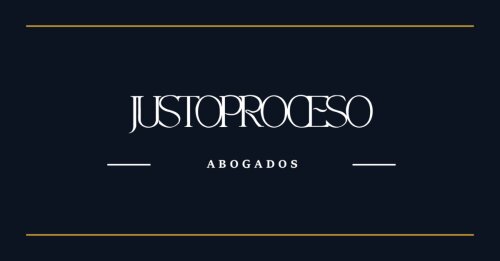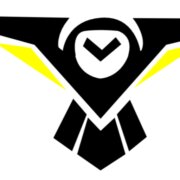Best Native People Lawyers in Chile
Share your needs with us, get contacted by law firms.
Free. Takes 2 min.
Or refine your search by selecting a city:
List of the best lawyers in Chile
About Native People Law in Chile:
Native People in Chile, also known as Indigenous Peoples, refer to the original inhabitants of the territory that is now Chile. Chile recognizes nine Indigenous Peoples, including Mapuche, Aymara, Rapa Nui, and others. These groups have unique cultural traditions, languages, and land rights that are protected under Chilean law.
Why You May Need a Lawyer:
You may need a lawyer if you are facing legal issues related to Indigenous Peoples in Chile, such as land disputes, environmental concerns, cultural rights, or discrimination. A lawyer can help you navigate the complex legal system and advocate for your rights as a Native person.
Local Laws Overview:
Chilean law recognizes Indigenous Peoples' right to their ancestral lands, cultural heritage, and self-determination. The Indigenous Peoples Law No. 19.253 establishes legal mechanisms to protect and promote the rights of Native People in Chile. Additionally, International Labour Organization (ILO) Convention 169, ratified by Chile, requires the government to consult with Indigenous Peoples on matters that affect them.
Frequently Asked Questions:
1. What rights do Native People have in Chile?
Native People in Chile have rights to their ancestral lands, cultural identity, language, and self-determination. These rights are protected under Chilean law and international conventions.
2. How can I support Indigenous Peoples in Chile?
You can support Indigenous Peoples in Chile by respecting their rights, advocating for their interests, and seeking legal assistance if needed.
3. Can Indigenous Peoples own land in Chile?
Yes, Indigenous Peoples in Chile have the right to own, use, and control their ancestral lands. This right is protected under Chilean law.
4. What should I do if my Indigenous rights are violated in Chile?
If your Indigenous rights are violated in Chile, you should seek legal advice from a qualified attorney who specializes in Indigenous Peoples law.
5. Are there government programs to support Indigenous Peoples in Chile?
Yes, the Chilean government has programs and initiatives to support Indigenous Peoples' development, land rights, and cultural preservation.
6. Can Indigenous Peoples in Chile participate in decision-making processes?
Yes, Indigenous Peoples in Chile have the right to participate in decision-making processes that affect their communities, as mandated by ILO Convention 169.
7. How can I learn more about Indigenous Peoples in Chile?
You can learn more about Indigenous Peoples in Chile by visiting cultural centers, museums, and organizations dedicated to preserving Indigenous heritage.
8. What legal remedies are available for Indigenous Peoples in Chile?
Legal remedies for Indigenous Peoples in Chile may include seeking land restitution, cultural protection, compensation for damages, and representation in legal proceedings.
9. Are there specific laws protecting Indigenous languages in Chile?
Yes, Chilean law recognizes Indigenous languages as part of the country's cultural heritage and protects the right of Indigenous Peoples to preserve and revitalize their languages.
10. How can I get involved in Indigenous Peoples' rights advocacy in Chile?
You can get involved in Indigenous Peoples' rights advocacy in Chile by joining local organizations, attending events, and supporting initiatives that promote Indigenous rights and culture.
Additional Resources:
For more information on Indigenous Peoples in Chile, you can visit the National Corporation of Indigenous Development (CONADI) or contact local Indigenous community organizations for support and resources.
Next Steps:
If you require legal assistance regarding Native People in Chile, it is advisable to consult with a lawyer who specializes in Indigenous Peoples law. They can provide you with guidance and representation to protect your rights and interests as a Native person in Chile.
Lawzana helps you find the best lawyers and law firms in Chile through a curated and pre-screened list of qualified legal professionals. Our platform offers rankings and detailed profiles of attorneys and law firms, allowing you to compare based on practice areas, including Native People, experience, and client feedback.
Each profile includes a description of the firm's areas of practice, client reviews, team members and partners, year of establishment, spoken languages, office locations, contact information, social media presence, and any published articles or resources. Most firms on our platform speak English and are experienced in both local and international legal matters.
Get a quote from top-rated law firms in Chile — quickly, securely, and without unnecessary hassle.
Disclaimer:
The information provided on this page is for general informational purposes only and does not constitute legal advice. While we strive to ensure the accuracy and relevance of the content, legal information may change over time, and interpretations of the law can vary. You should always consult with a qualified legal professional for advice specific to your situation.
We disclaim all liability for actions taken or not taken based on the content of this page. If you believe any information is incorrect or outdated, please contact us, and we will review and update it where appropriate.
Browse native people law firms by city in Chile
Refine your search by selecting a city.

















